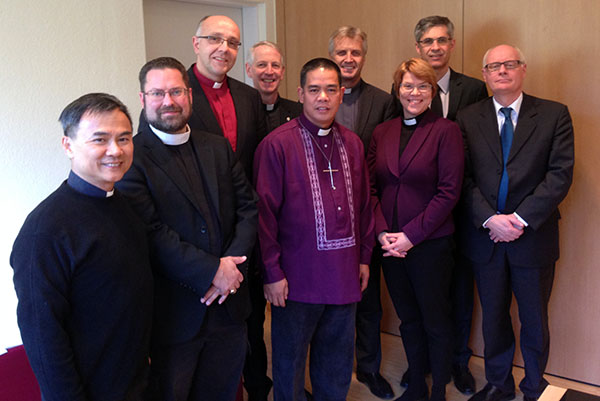 GENEVA – The Lutheran World Federation (LWF) has unilaterally moved to suspend regular meetings with the International Lutheran Council (ILC), following a joint decision by LWF General Secretary Martin Junge and LWF President Musa Panti Filibus.
GENEVA – The Lutheran World Federation (LWF) has unilaterally moved to suspend regular meetings with the International Lutheran Council (ILC), following a joint decision by LWF General Secretary Martin Junge and LWF President Musa Panti Filibus.
Dr. Junge announced the decision in a report to the LWF Council in Geneva on June 29, 2018.
The International Lutheran Council received the news with regret. “We are disappointed in the LWF’s decision to break off regular discussions,” said ILC Executive Secretary Albert Collver. “It is difficult to see how unilateral action of this kind does anything but damage the relationship between our two organizations.”
“It is true that the ILC and the LWF have significant differences of opinion on a number of theological issues,” Dr. Collver continued. “But despite these very real differences, the ILC remains willing to meet with LWF leaders in a spirit of friendliness and mutual respect.”
The ILC and the LWF have held regular annual discussions since 2011, honouring an earlier 2005 Memorandum of Understanding which called for such meetings. Eleven church bodies currently hold membership in both the International Lutheran Council and the Lutheran World Federation, making regular contact between the two organizations particularly valuable.
The Lutheran World Federation considers itself a communion whose members are in altar and pulpit fellowship with one another. By contrast, the International Lutheran Council is instead an association of church bodies and not does consider itself a communion. While many members of the ILC are, in fact, in communion with one another, this is neither a requirement for nor a direct result of membership in the ILC itself.
LWF Objections
In recent years, a number of LWF churches and confessional groups within LWF churches have contacted the ILC in hopes of developing a closer relationship. In his report, Dr. Junge indicates that he disapproves of the ILC’s fielding of such requests as well as its plans to make room in its organizational structure to recognize these groups. The LWF is therefore suspending meetings with the ILC at the present time.
The ILC is unapologetic in its position. “When faithful Lutherans come seeking closer ties to the ILC, we will of course welcome and support them, even if they should be a minority in their own country or church body,” said Dr. Collver. “Christian hospitality and love demand nothing less.”
The LWF report also suggests the ILC has not been clear in affirming that churches may hold membership in both organizations. While the ILC feels it has been clear on this matter, it here reaffirms that it permits dual membership in the International Lutheran Council and the Lutheran World Federation.
In his report, Dr. Junge also accuses the ILC of spreading “aggressive and wrong communications about the LWF”—charges that the ILC categorically denies. “We take very seriously the Christian’s call not to bear false witness against one’s neighbour,” Dr. Collver noted, “just as we take seriously the entire Law and Gospel in God’s Holy Scripture.”
The LWF writes that it envisions the suspension of meetings with the ILC as temporary in nature, with plans to resume meetings “after the second half of 2019.” The ILC for its part stands ready to resume contact with the LWF at any time.
———————

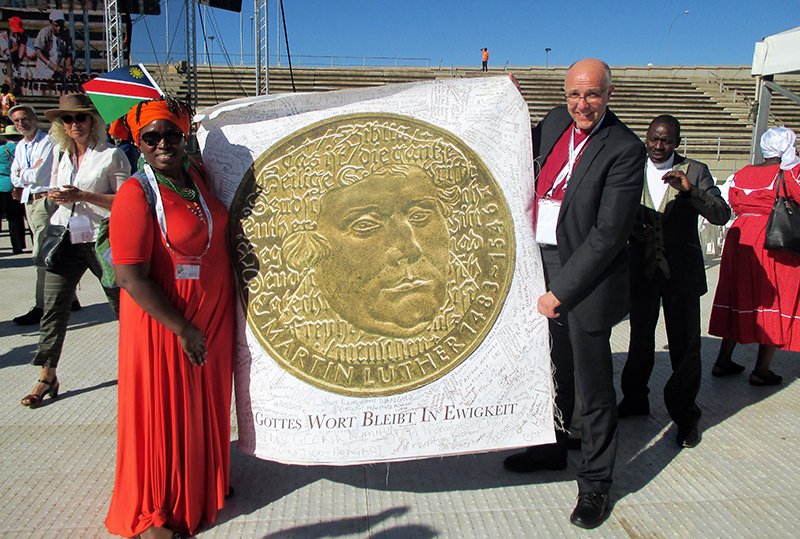
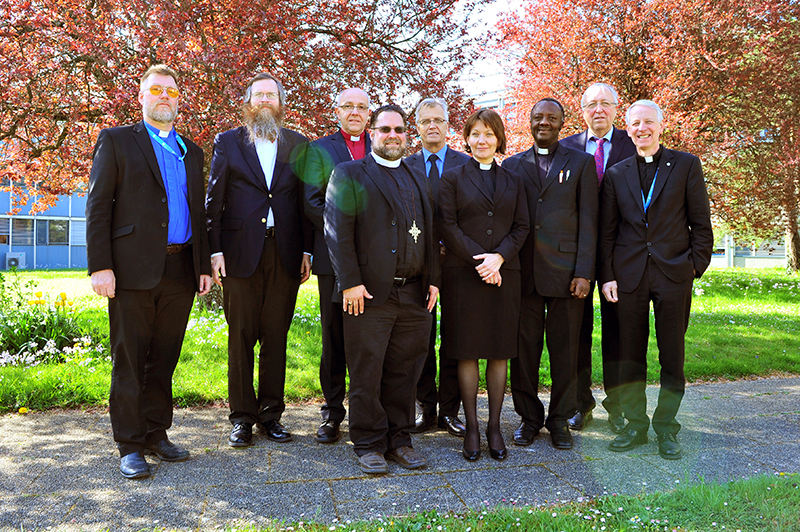
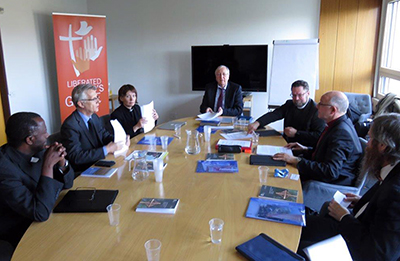
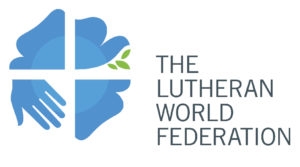
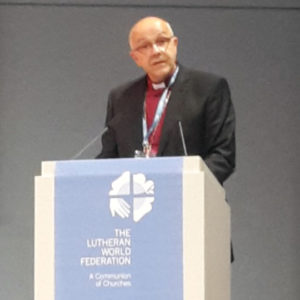
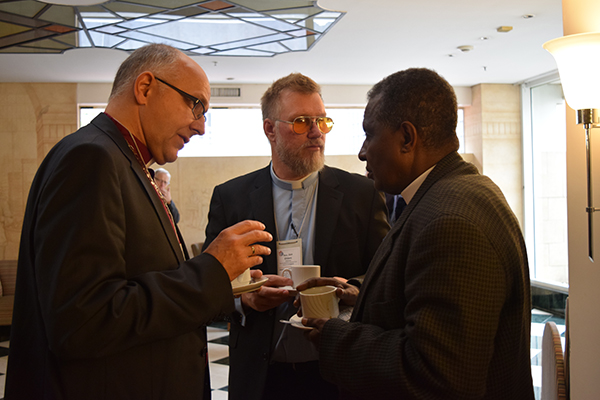
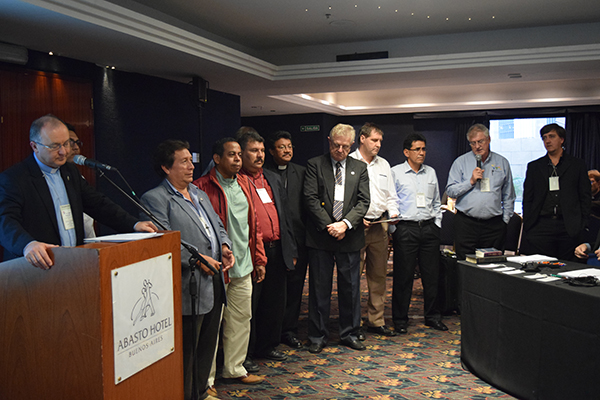
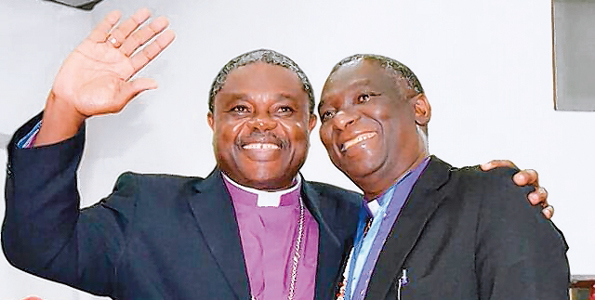
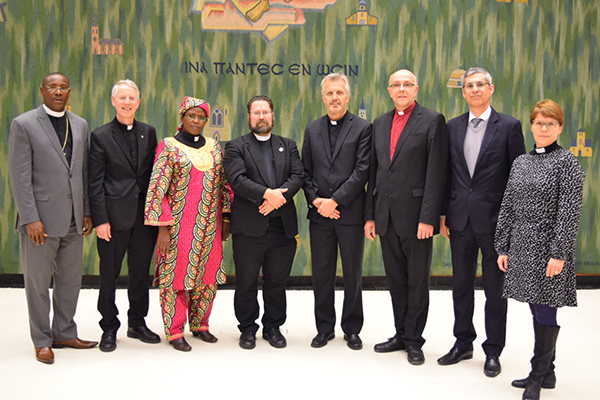
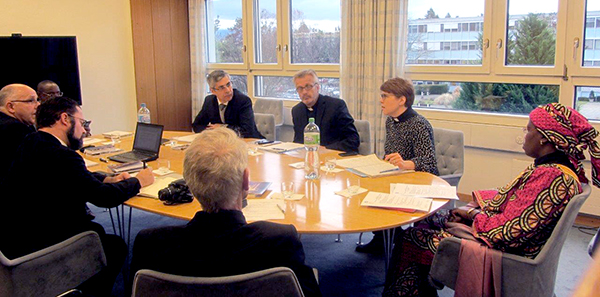
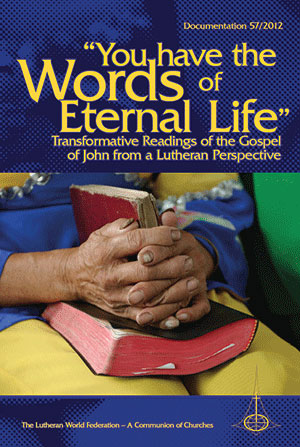 The document in question, “You have the Words of Eternal Life”: Transformative Readings of the Gospel of John from a Lutheran Perspective (Documentation 57/2012)—henceforth Transformative Readings—, is edited by Rev. Dr. Kenneth Mtata, the LWF’s Study Secretary for Lutheran Theology and Practice in its Department for Theology and Public Witness. In a preface to the work, LWF General Secretary Martin Junge notes that, “in 2011, the Lutheran World Federation (LWF) embarked on a hermeneutics program in order to nurture [the] desire to ‘read’ shared sacred texts and contexts.” “It is vital to take seriously the witness of past interpretations,” he writes, “and to relate them to contemporary ones.” To that end, Transformative Readings represents “the result of the LWF’s first, international hermeneutics consultation.”
The document in question, “You have the Words of Eternal Life”: Transformative Readings of the Gospel of John from a Lutheran Perspective (Documentation 57/2012)—henceforth Transformative Readings—, is edited by Rev. Dr. Kenneth Mtata, the LWF’s Study Secretary for Lutheran Theology and Practice in its Department for Theology and Public Witness. In a preface to the work, LWF General Secretary Martin Junge notes that, “in 2011, the Lutheran World Federation (LWF) embarked on a hermeneutics program in order to nurture [the] desire to ‘read’ shared sacred texts and contexts.” “It is vital to take seriously the witness of past interpretations,” he writes, “and to relate them to contemporary ones.” To that end, Transformative Readings represents “the result of the LWF’s first, international hermeneutics consultation.”